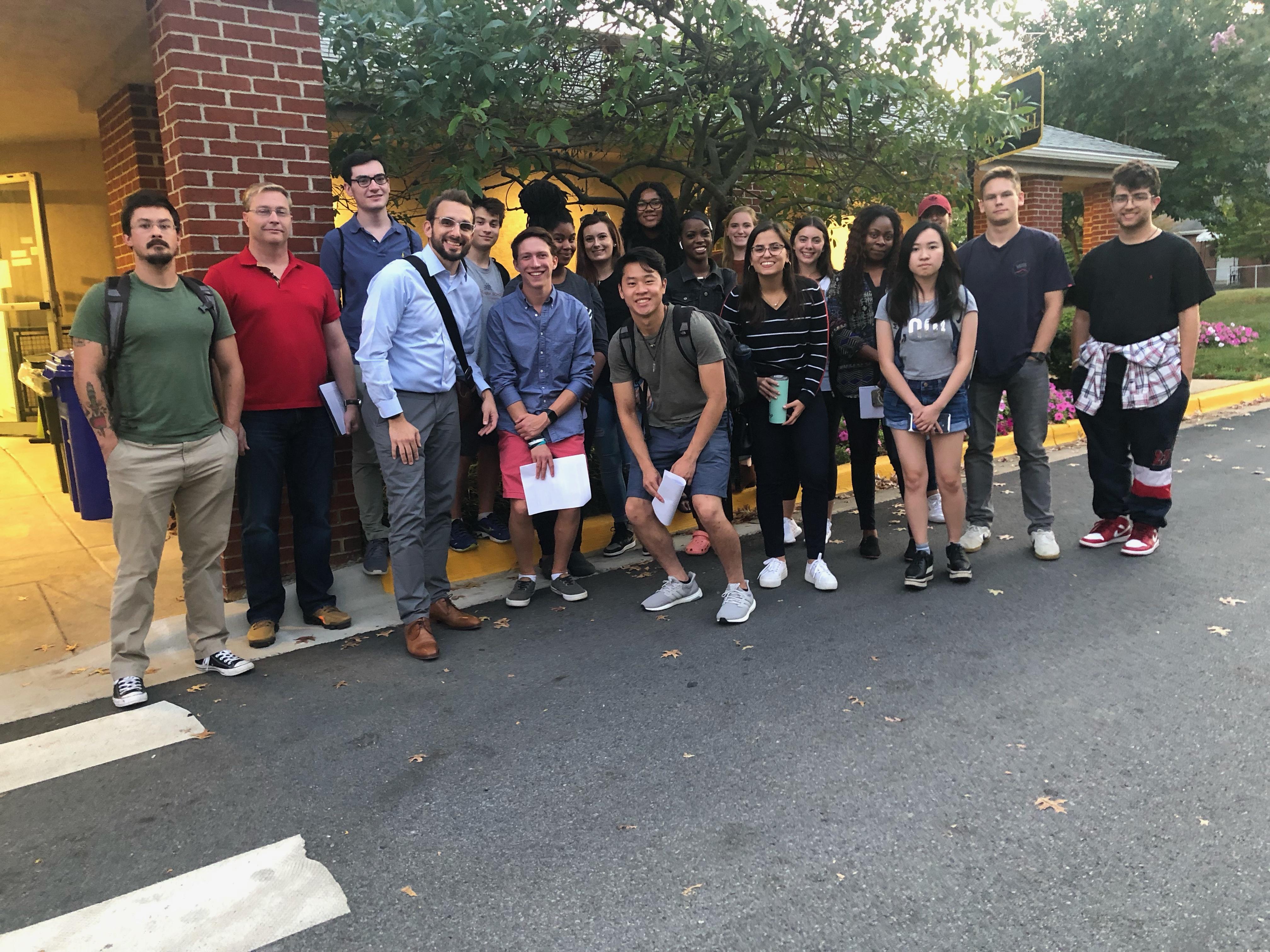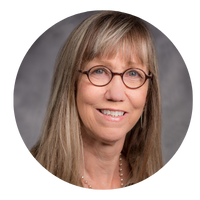Digital Media & Law
What are our constitutional rights and ethical responsibilities as citizens of the digital world?

Explore the historical foundations of free speech and their present-day applications to information gathering and sharing by citizens through social media and online platforms. You will gain a practical working knowledge of the First Amendment, libel, privacy, intellectual property and open government laws. Students in this community examine the effects of online disinformation, misinformation and hate speech, and develop their own code of ethics for lawful, socially responsible online sharing.
You can expect to:
- Apply constitutional principles to contemporary controversies and your own online sharing.
- Exercise your right to an open government by observing government proceedings or obtaining records through the Freedom of Information Act (FOIA).
- Learn to detect misinformation and disinformation with digital tools and critical thinking skills.
- Work on a team to develop your own code of ethics and social responsibility for operating in the digital realm.
Community Course
JOUR281: Media Law and Ethics in the Digital Age. This course explores the First Amendment, libel, privacy, FOIA and copyright as they have evolved in the digital news age of bloggers, tweeters and citizen journalists. It will cover fundamental legal and ethical concepts as well as practical application. (3 credit course, fulfills General Education requirements of I-Series and History and Social Sciences)
Carillon Faculty
 Associate Prof. Deborah Nelson, J.D., is a Pulitzer Prize-winning investigative journalist based at the Philip Merrill College of Journalism. She has worked for the Los Angeles Times, Washington Post, Seattle Times and Chicago Sun-Times with a focus on exposing social, economic, racial and environmental injustice. She shared in a Pulitzer for a series on low-income housing and co-edited Pulitzer-winning investigations of military accidents and the D.C child welfare system.
Associate Prof. Deborah Nelson, J.D., is a Pulitzer Prize-winning investigative journalist based at the Philip Merrill College of Journalism. She has worked for the Los Angeles Times, Washington Post, Seattle Times and Chicago Sun-Times with a focus on exposing social, economic, racial and environmental injustice. She shared in a Pulitzer for a series on low-income housing and co-edited Pulitzer-winning investigations of military accidents and the D.C child welfare system.
Since joining the faculty in 2006, she has published a book on war crimes and co-authored award-winning series for Reuters on climate change, income inequality, superbugs, and the military. Her most recent investigation led Congress in 2020 to appropriate $300 million to fix dangerous conditions in family housing on U.S. military bases. Her journalism students have investigated homelessness, jails, wrongful convictions, human trafficking and climate change. Their stories have been distributed nationally by The Associated Press. Prof. Nelson has a Bachelor of Science in journalism and a law degree.

